Jacobus Henricus van 't Hoff
Early Life and Education
Jacobus Henricus van 't Hoff was born on August 30, 1852, in Rotterdam, Netherlands. He was the third of seven children in his family. His father, Jacobus Henricus van 't Hoff Sr., was a physician, and his mother, Alida Kolff, was from a family of brewers.
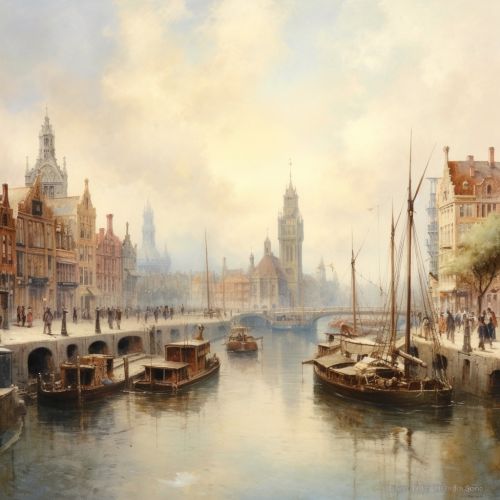

Van 't Hoff attended the Hogere Burgerschool (Higher Citizen School) in Rotterdam, where he showed a strong interest in chemistry and mathematics. In 1869, he entered the Delft Polytechnic Institute to study chemistry. However, he left the institute in 1871 to study at the University of Leiden.
Career and Research
Van 't Hoff began his career as an assistant in the laboratory of the University of Leiden. In 1874, he published his first paper, "A New Theory of Chemical Affinity," which proposed that the arrangement of atoms in space played a significant role in chemical reactions. This work laid the foundation for the development of stereochemistry, a branch of chemistry that studies the spatial arrangement of atoms in molecules.
In 1877, van 't Hoff was appointed Professor of Chemistry, Mineralogy, and Geology at the University of Amsterdam. He held this position until 1896, when he moved to Berlin to become the director of the Prussian Academy of Sciences.
During his career, van 't Hoff made significant contributions to various fields of chemistry. He developed the concept of dynamic equilibrium, which explains how chemical reactions reach a state of balance. He also proposed the theory of osmotic pressure, which describes the movement of solvent molecules through a semi-permeable membrane.
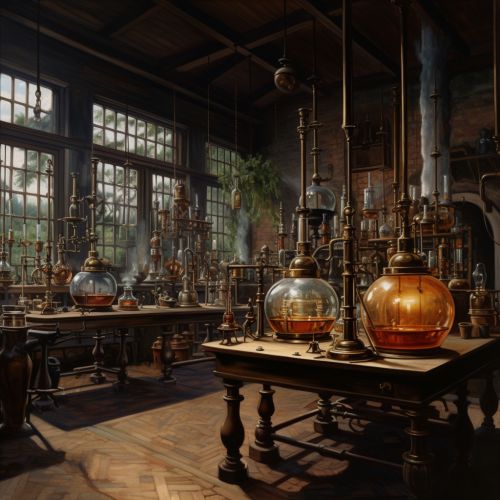
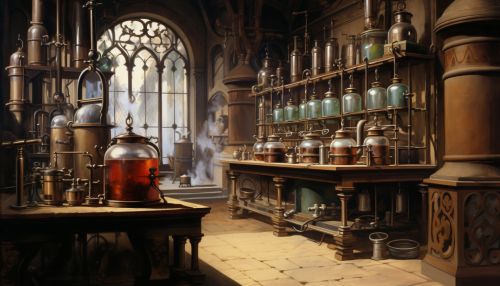
Contributions to Chemistry
One of van 't Hoff's most significant contributions to chemistry was his work on stereochemistry. He was the first to propose that the carbon atom is tetrahedral, meaning it has four bonds arranged in a three-dimensional shape. This theory explained the existence of isomers, compounds with the same molecular formula but different structural arrangements.
Van 't Hoff also made significant contributions to physical chemistry. He developed the concept of chemical dynamics, which describes how the rate of a chemical reaction depends on the concentration of the reactants. This work laid the foundation for the development of chemical kinetics, a branch of chemistry that studies the rates of chemical reactions.
In addition, van 't Hoff proposed the theory of osmotic pressure. He was the first to explain that osmotic pressure is similar to gas pressure and can be explained by the same laws. This theory was a significant advance in the understanding of solutions and played a crucial role in the development of colloid chemistry.
Awards and Honors
In recognition of his contributions to chemistry, van 't Hoff received numerous awards and honors throughout his career. In 1885, he was awarded the Davy Medal by the Royal Society of London for his work on the laws of chemical dynamics and osmotic pressure.
In 1901, van 't Hoff received the first Nobel Prize in Chemistry for his work on the laws of chemical dynamics and osmotic pressure. He was the first Dutch scientist to receive a Nobel Prize.
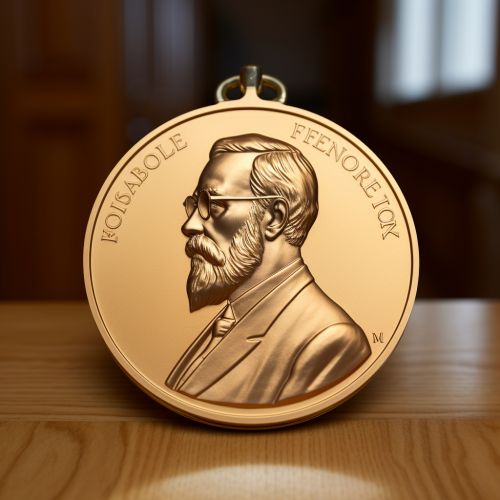
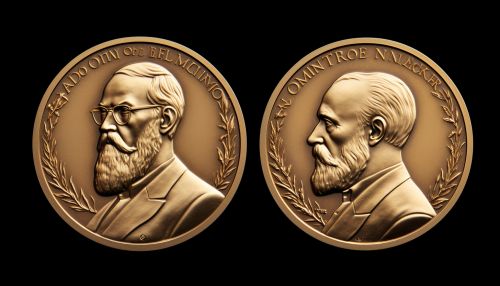
Personal Life and Death
Van 't Hoff married Johanna Francina Mees in 1878. They had two daughters and two sons. Van 't Hoff was known for his love of literature and art. He was also an avid mountain climber and made several trips to the Swiss Alps.
Van 't Hoff died on March 1, 1911, in Berlin, Germany. His death was a significant loss to the scientific community, and he is remembered as one of the pioneers of modern chemistry.
Legacy
Van 't Hoff's work has had a lasting impact on the field of chemistry. His theories on the spatial arrangement of atoms and chemical dynamics are fundamental concepts in modern chemistry. His work on osmotic pressure has also had a significant influence on the study of solutions and colloids.
Today, van 't Hoff is remembered as one of the founders of physical chemistry. The Van 't Hoff Institute for Molecular Sciences at the University of Amsterdam is named in his honor.
